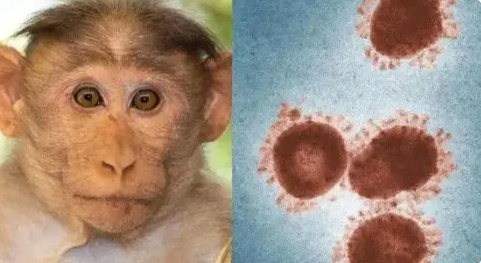
More than 120 confirmed or suspected cases of monkeypox, a rare viral disease seldom detected outside of Africa, have been reported in at least 11 non-African countries in the past week. The emergence of the virus in separate populations across the world where it doesn’t usually appear has alarmed scientists — and sent them racing for answers.
Called monkeypox because researchers first detected it in laboratory monkeys in 1958, the virus is thought instead to transmit from wild animals such as rodents to people — or from infected people. In an average year, a few thousand cases occur in Africa, typically in the western and central parts of the continent. But cases outside Africa have been limited to a handful that are associated with travel to Africa or with the importation of infected animals. The number of cases detected outside of Africa in the past week alone — which is all but certain to increase — has already surpassed the number detected outside the continent since 1970, when the virus was first identified as causing disease in humans. This rapid spread is what has scientists on high alert.
What researchers can tell from this preliminary genetic data is that the monkeypox virus is related to a viral strain predominantly found in western Africa. This strain causes milder disease and has a lower death rate — about 1% in poor, rural populations — compared with the one that circulates in central Africa. But exactly how much the strain causing the current outbreaks differs from the one in western Africa — and whether the viruses popping up in various countries are linked to one another — remains unknown.
Yet public-health authorities are not powerless against monkeypox. As a precaution against bioterrorism, countries such as the United States maintain a supply of smallpox vaccines, as well as an antiviral treatment thought to be highly effective against the virus. The therapies probably wouldn’t be deployed on a large scale, though, McCollum says. Health-care workers would probably instead use a method called ‘ring vaccination’ to contain the spread of monkeypox: this would vaccinate the close contacts of people who have been infected with monkeypox to cut off any routes of transmission.